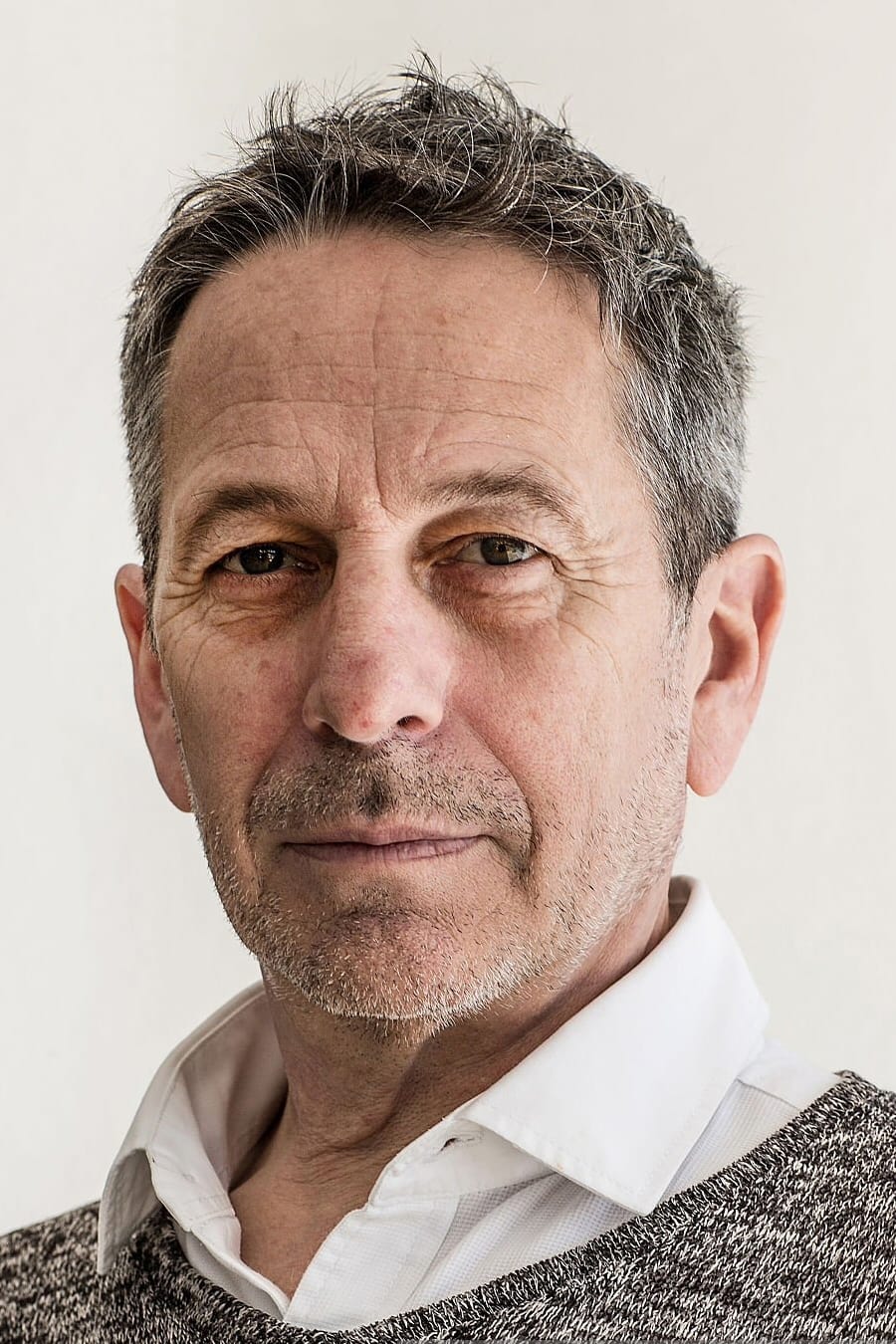
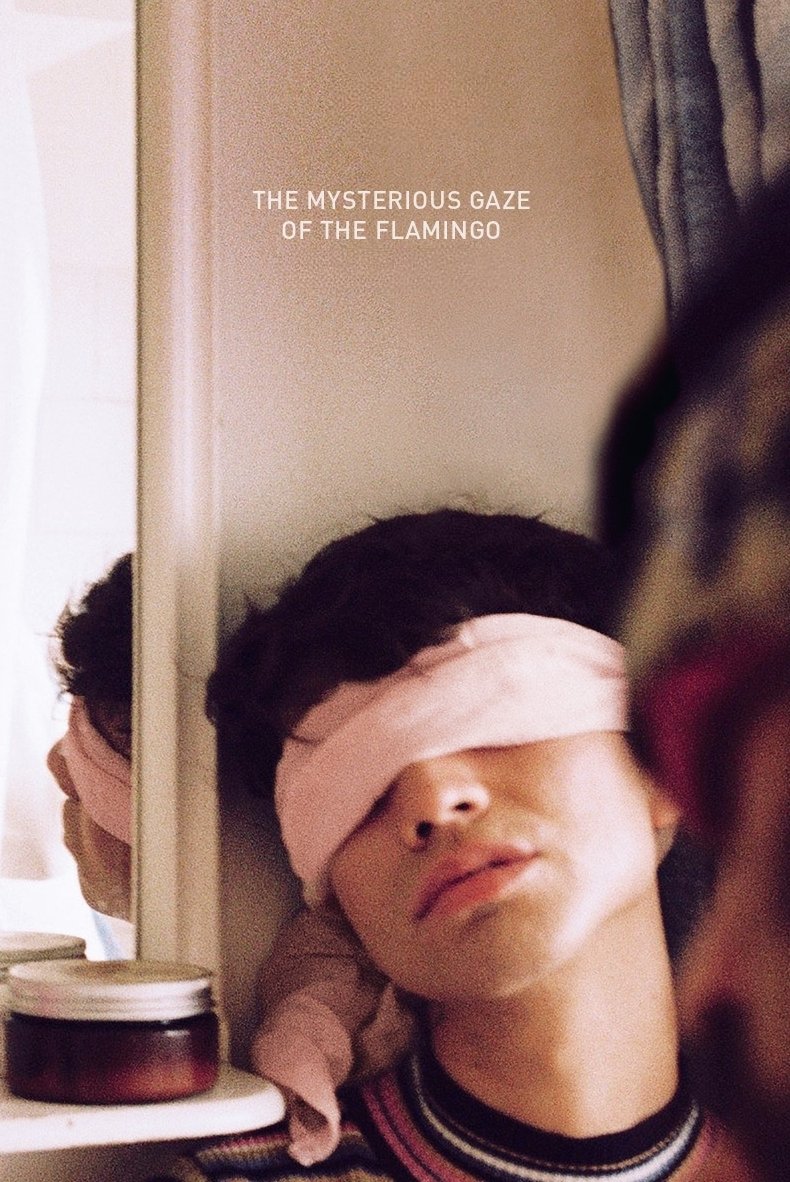
1984. Lidia, an intrepid 12 year-old girl, lives in an isolated mining village affected by an unknown illness that has already killed several men and, according to rumours, is transmitted when a man falls in love with another by looking into each other's eyes. Her beloved brother Alexo, an obese homosexual, is found guilty of carrying the disease and the townspeople decide to tie him up and keep watch over him. This pushes Lidia to confront the ignorance of a myth and put the relationship with her family to the test.
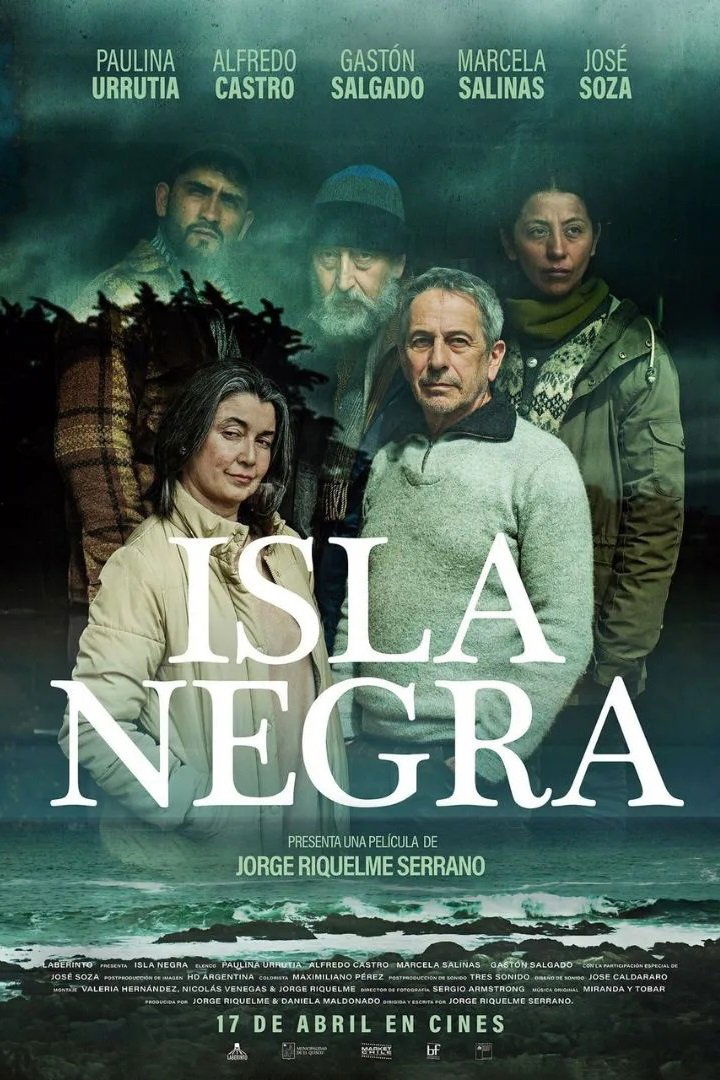
In their comfortable beach house, Guillermo and his assistant Carmen spend the weekend together before starting a real estate project at the Isla Negra resort. Their peaceful weekend is disrupted when a woman, her husband, and her sick father arrive at their home. From the moment this family arrives, the routine becomes increasingly tense, leading to a confrontation that will reveal deep political and social differences between the two conflicting worlds.

After receiving the diagnosis of an incurable brain tumor, Claudia decides to undertake her last trip to Switzerland. There she can decide how and when to end her life thanks to the help of an assisted suicide association.
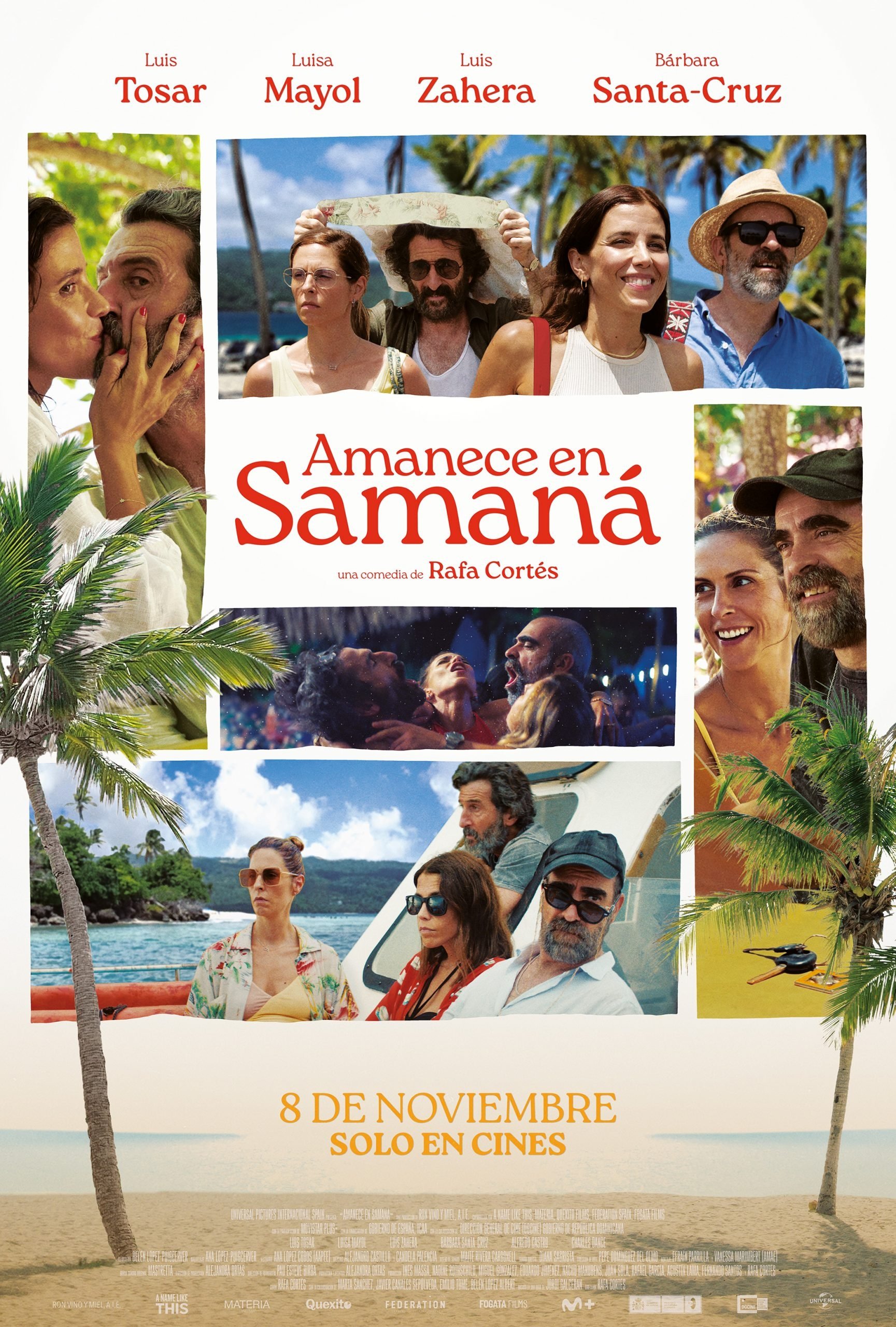
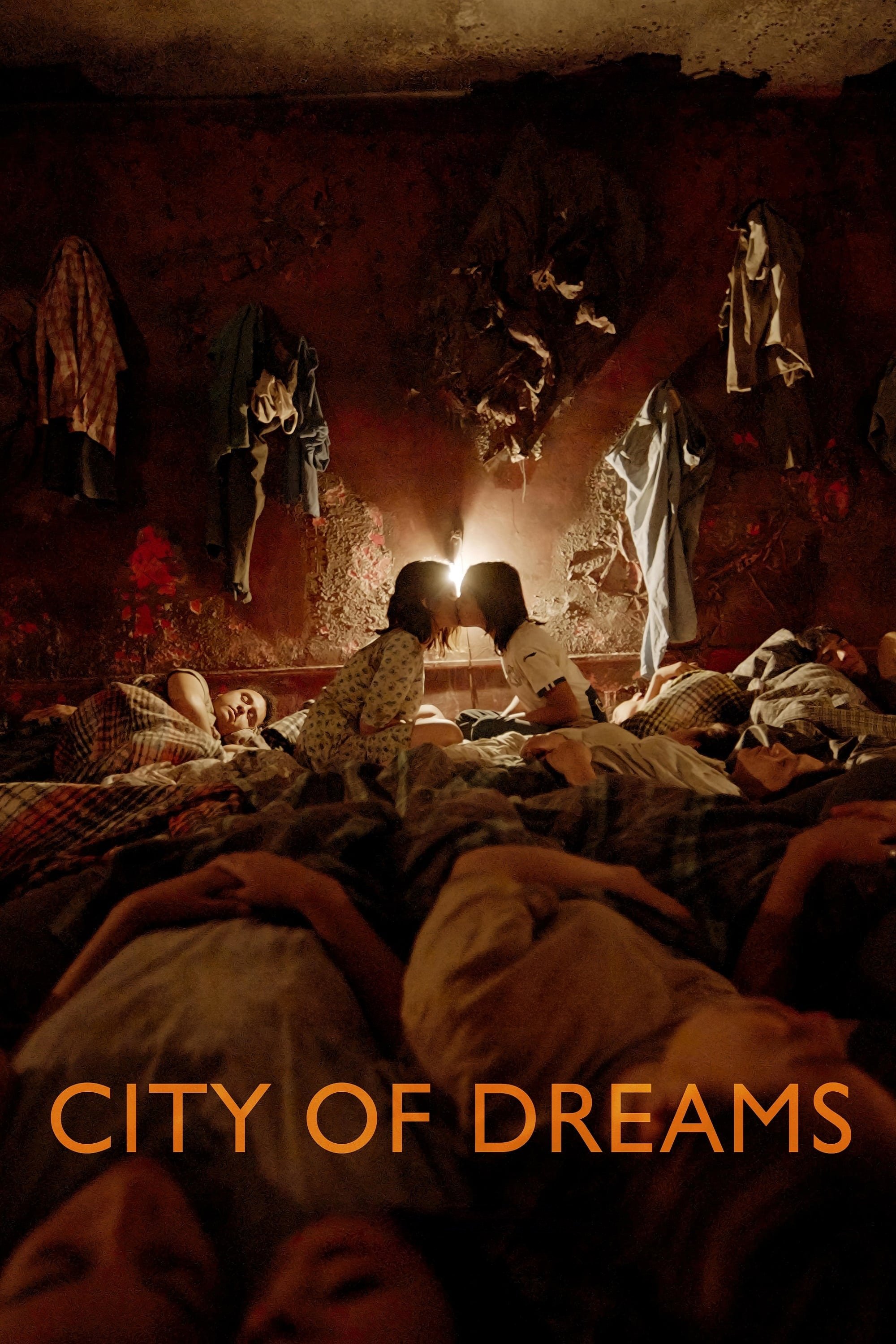
A Mexican teenager whose dreams of becoming a soccer star are disrupted when his mother dies. He's smuggled across the border with the promise of a better life but is instead sold to a sweatshop in downtown LA.
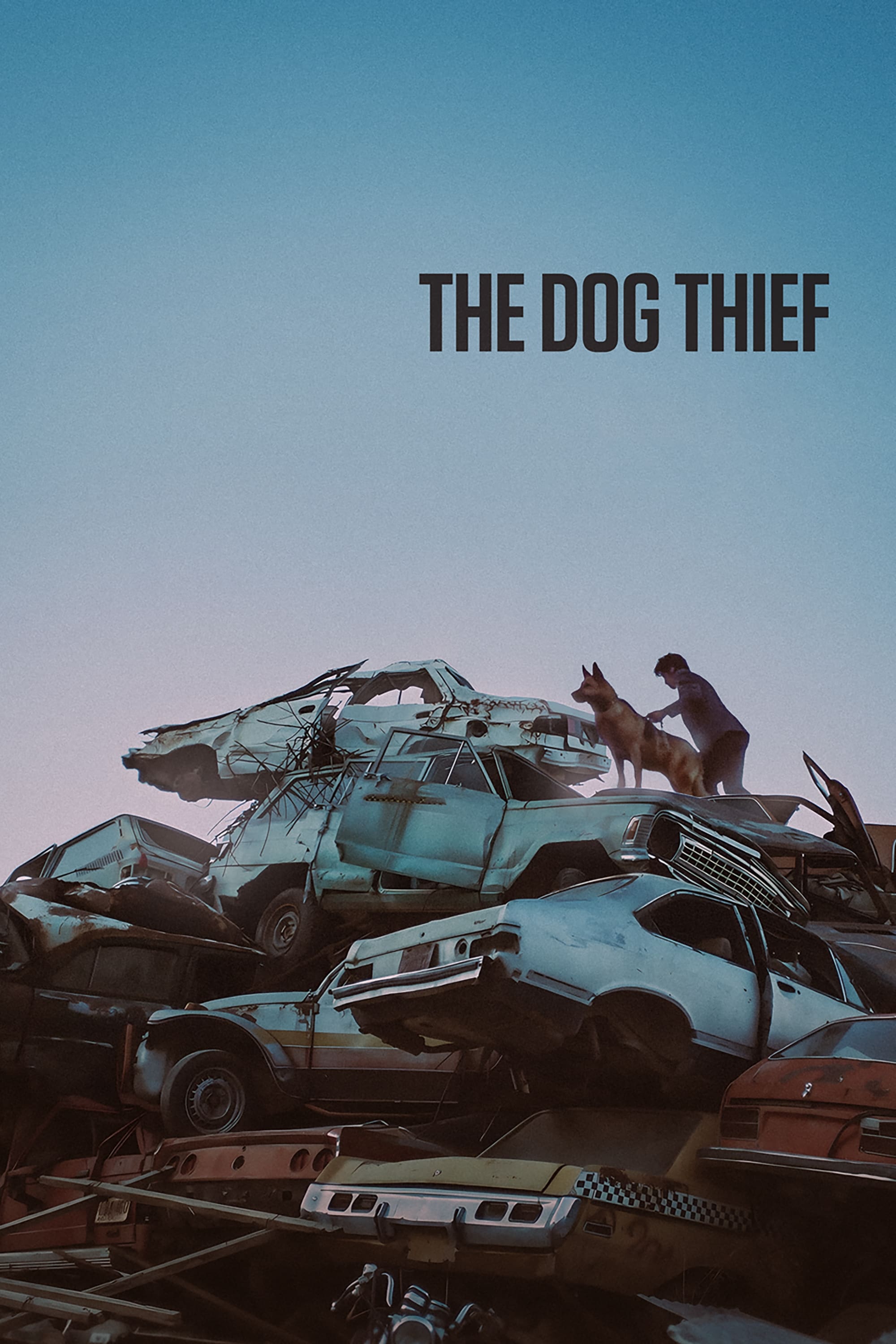
Martín is a 13-year-old orphan shoeshine boy from La Paz, Bolivia, who has lived his entire life in the streets with the hope and desire to find his father. Driven by this desire and his imagination, Martin bonds with one of his best clients: Mr. Novoa, a lonely tailor whose only emotional bond is his dog, Astor, a fine German shepherd whom he cares for like a son.
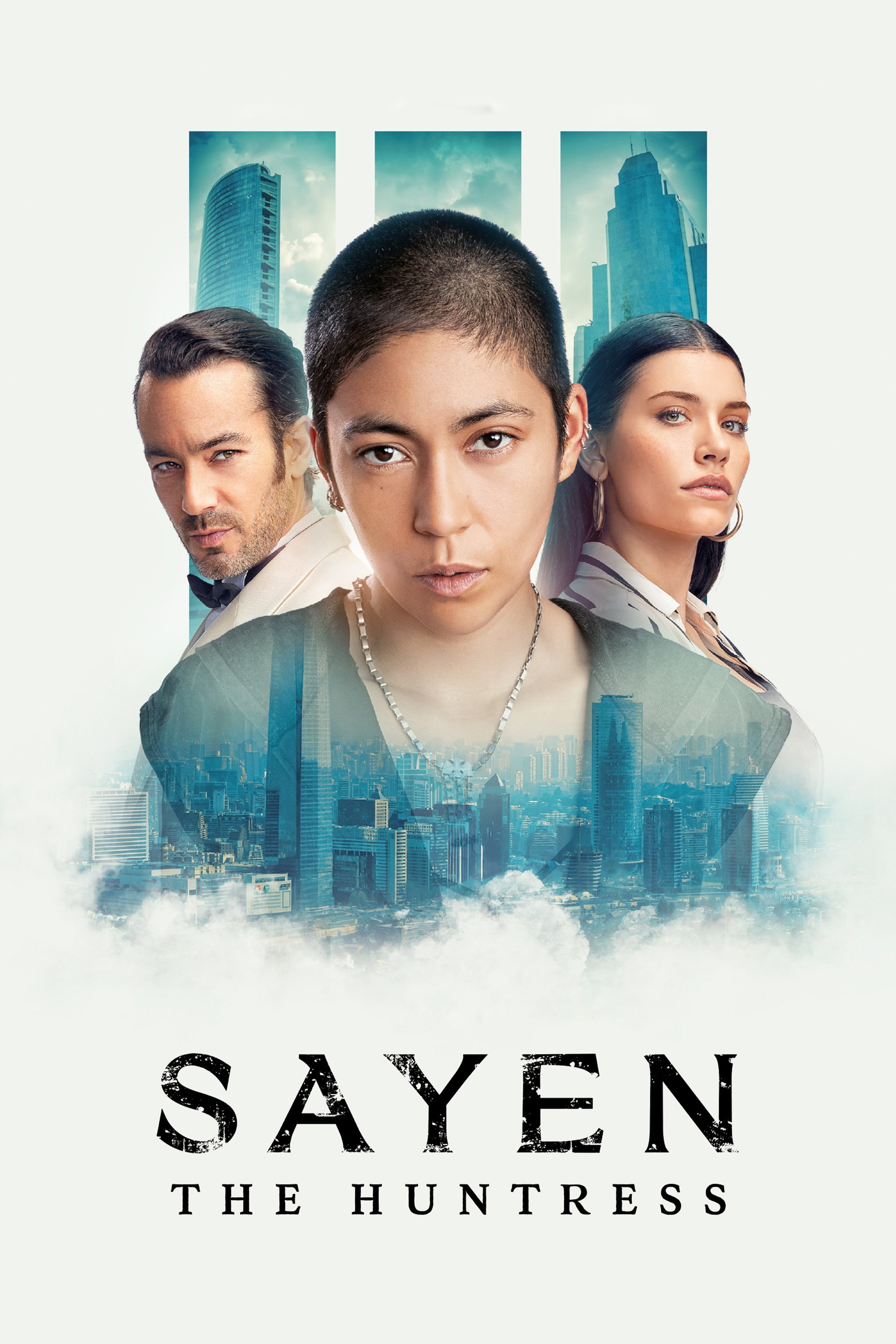
Realizing that she cannot take down Fisk alone, Sayen teams up with an underground resistance group with a plan to expose and end Fisk's unchecked plundering once and for all.
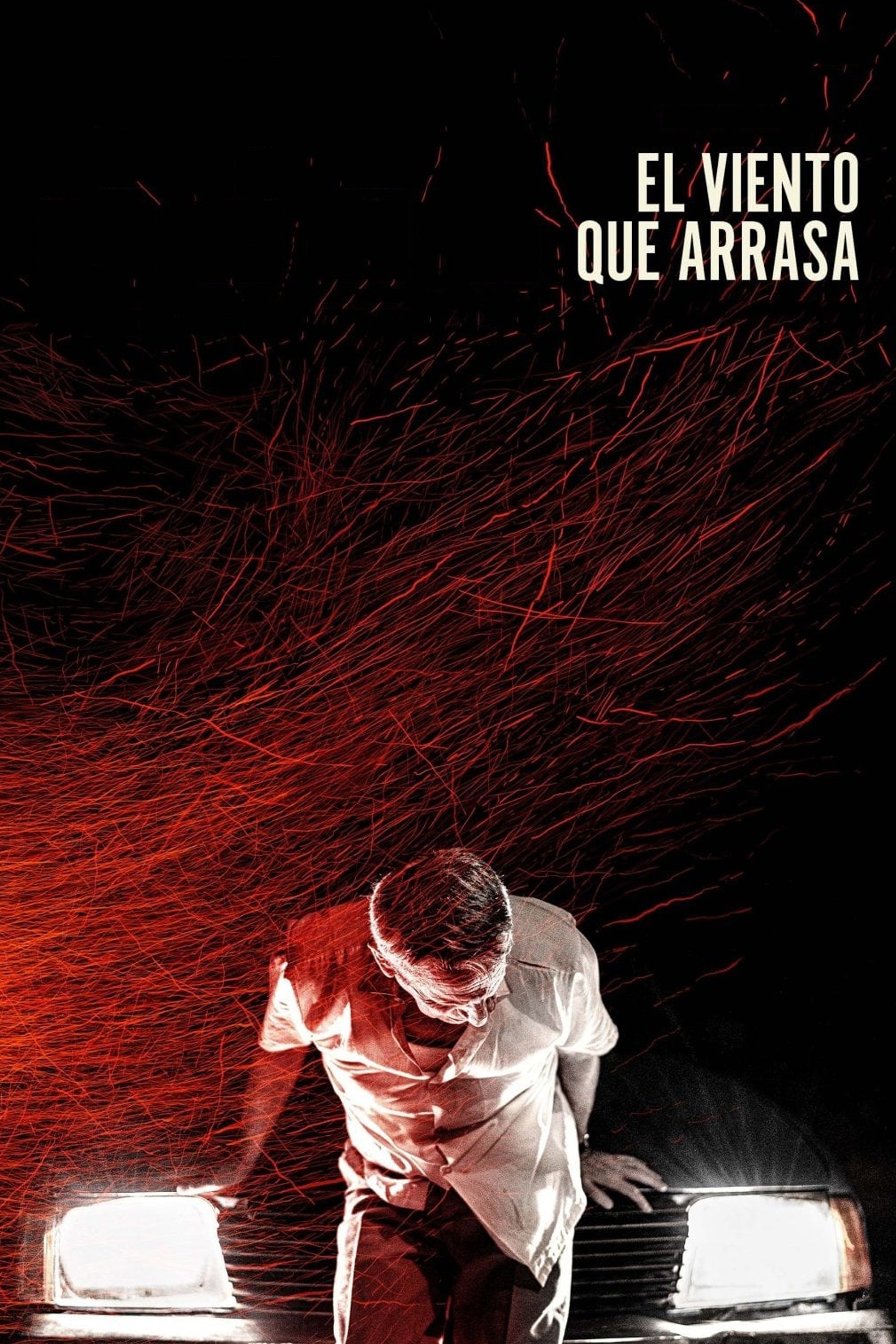
Gripped by the blind faith of her father, Reverend Pearson, Leni accompanies him on his evangelical mission. A banal accident forces them to stop at El Gringo's garage. When the Reverend becomes obssessed with saving the soul of Chango, the mechanic's son, Leni realises the time has come to take her fate into her own hands.
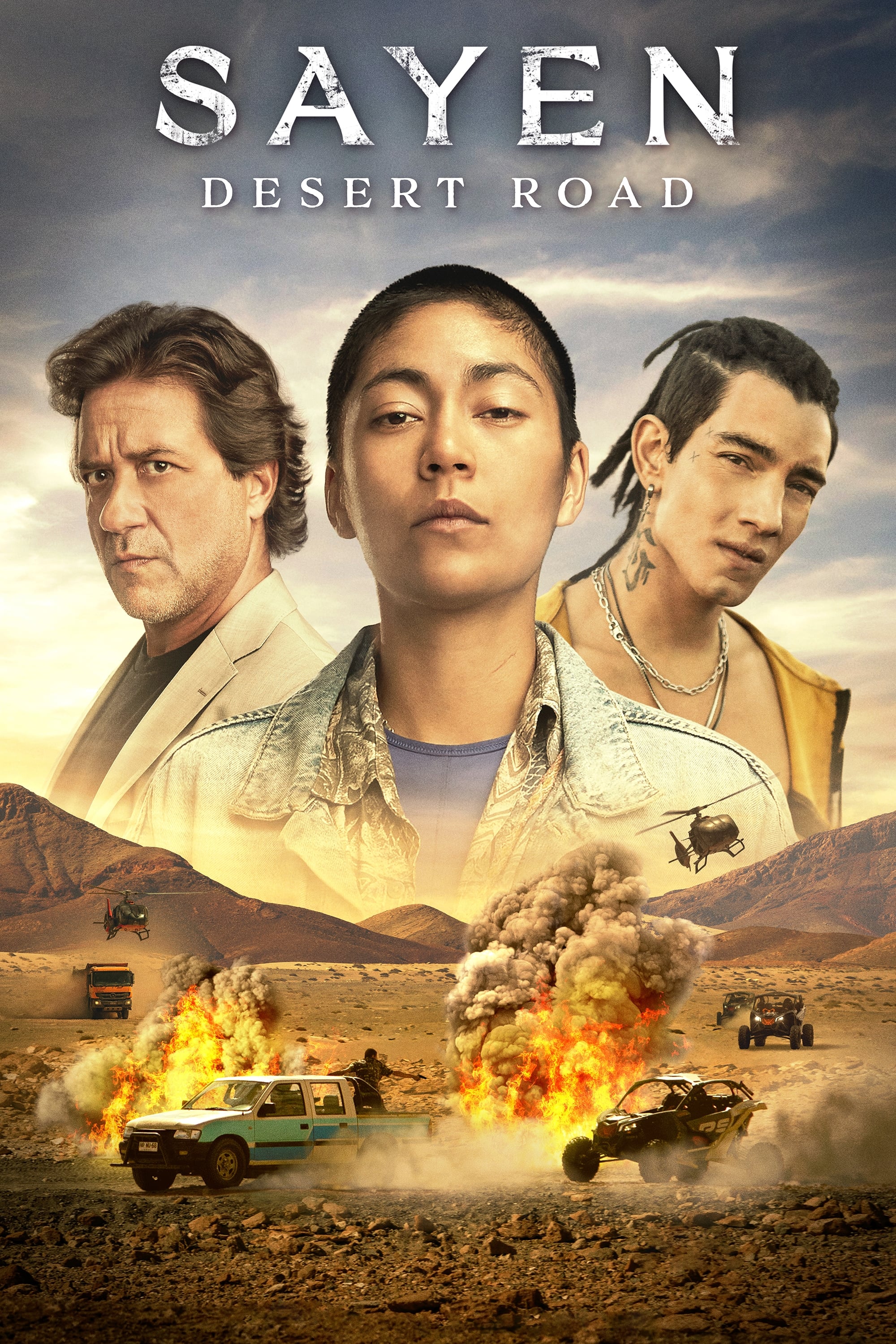
Sayen follows a lead to the picturesque desolation of the Atacama Desert. There, she reluctantly teams up with a young Atacameño girl, Quimal, looking to clear her father’s name and save her town from becoming an arid wasteland due to Acteon’s exploitative water usage.
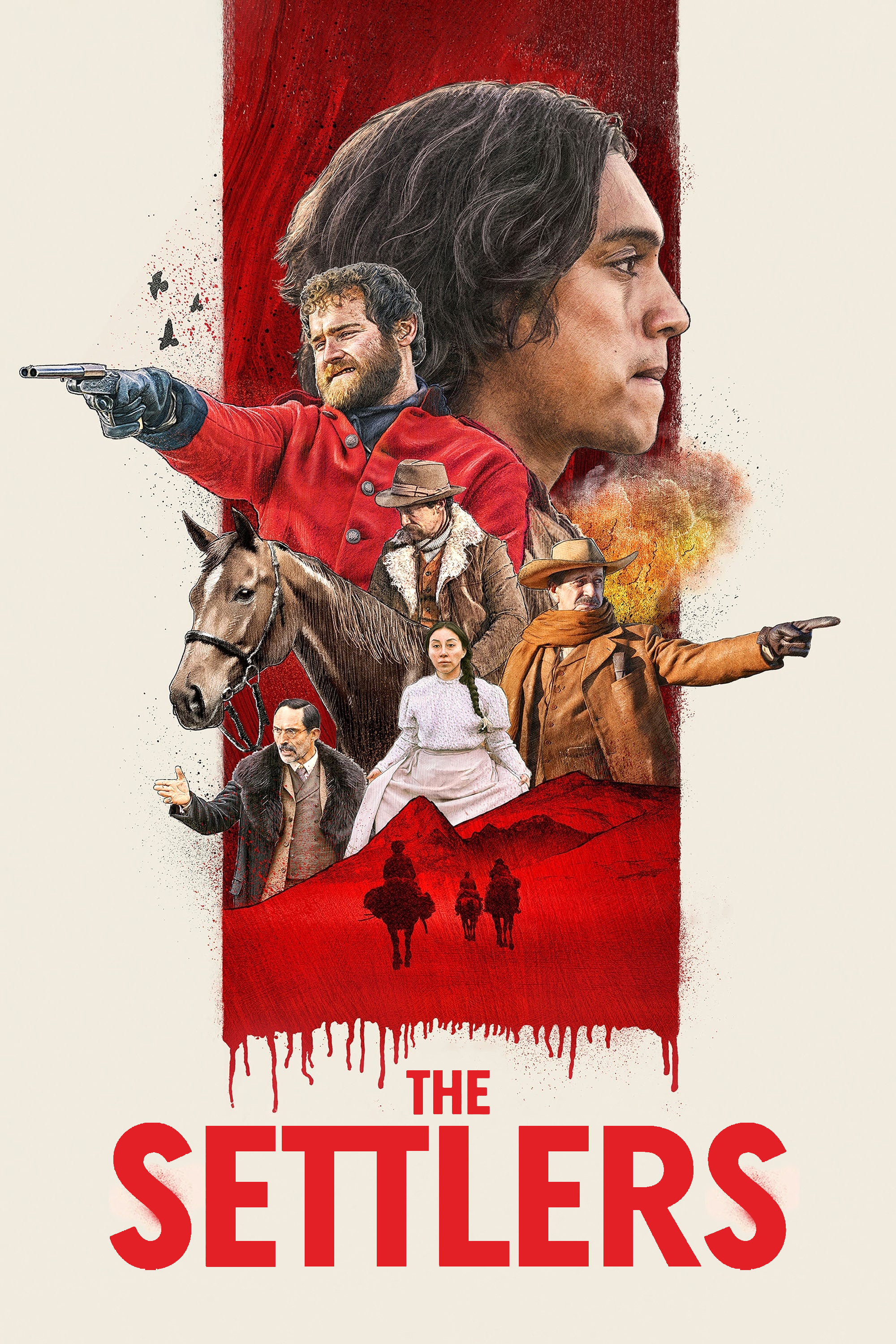
Chile, early 20th century. José Menéndez, a wealthy landowner, hires three horsemen to mark out the perimeter of his extensive property and open a route to the Atlantic Ocean across vast Patagonia.
Alfredo Castro Gómez (Santiago, 19 de diciembre de 1955) is a Chilean actor. He holds a Bachelor of Arts degree in Theatre Acting from Universidad de Chile. Presently, he works as a theatre director, actor, pedagogue, playwright, and founder of Teatro La Memoria, a theatre company that marks a milestone in the history of contemporary Chilean theatre. In 2006, the company founded the Centro de Investigación Teatral (Center for Theatrical Investigation) and the Sala de Teatro: Teatro La Memoria (anintimate 100-seat playhouse). As an actor and screenwriter, Alfredo Castro Gómez has participated in several films by Chilean director Pablo Larraín. These have included: Fuga (2006), Tony Manero (2008), and Post Mortem (2010)
By browsing this website, you accept our cookies policy.